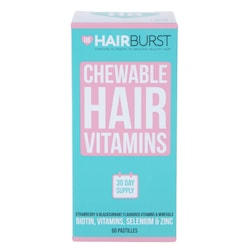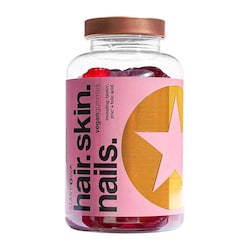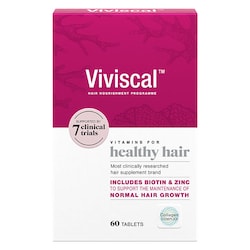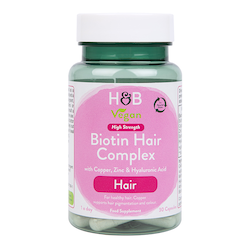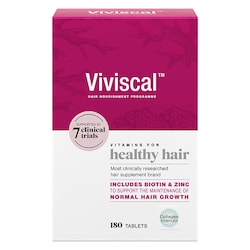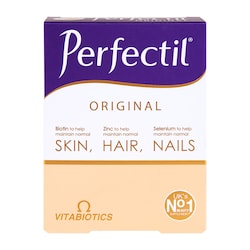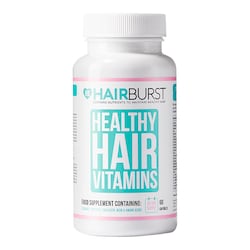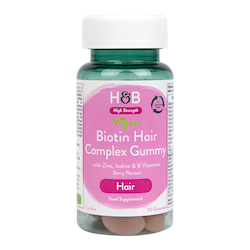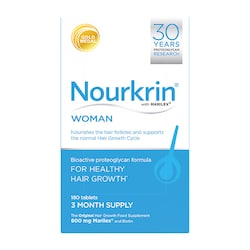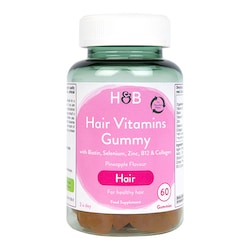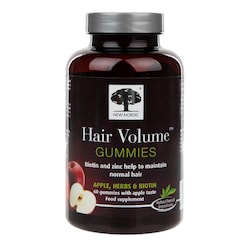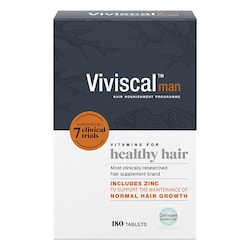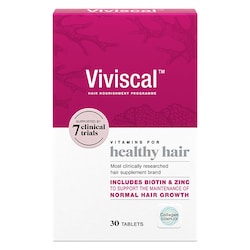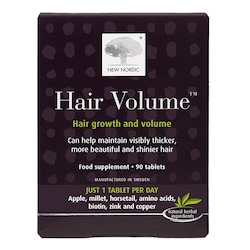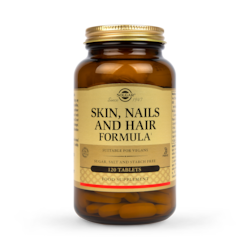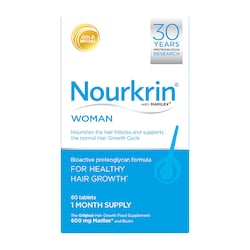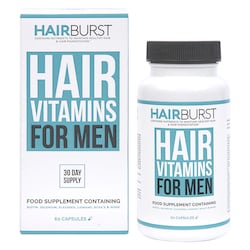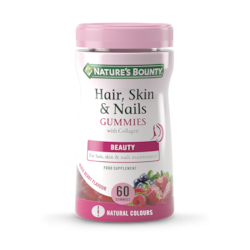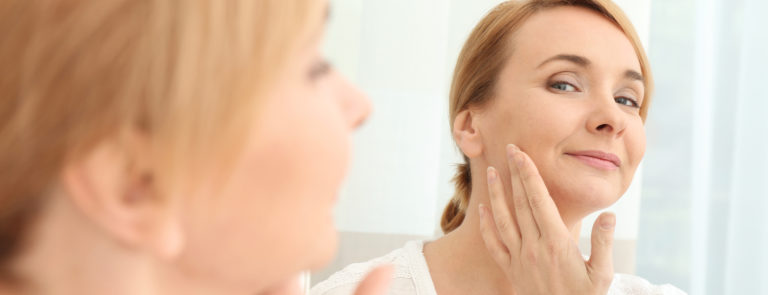20% off €35
How to prevent thinning hair and hair loss
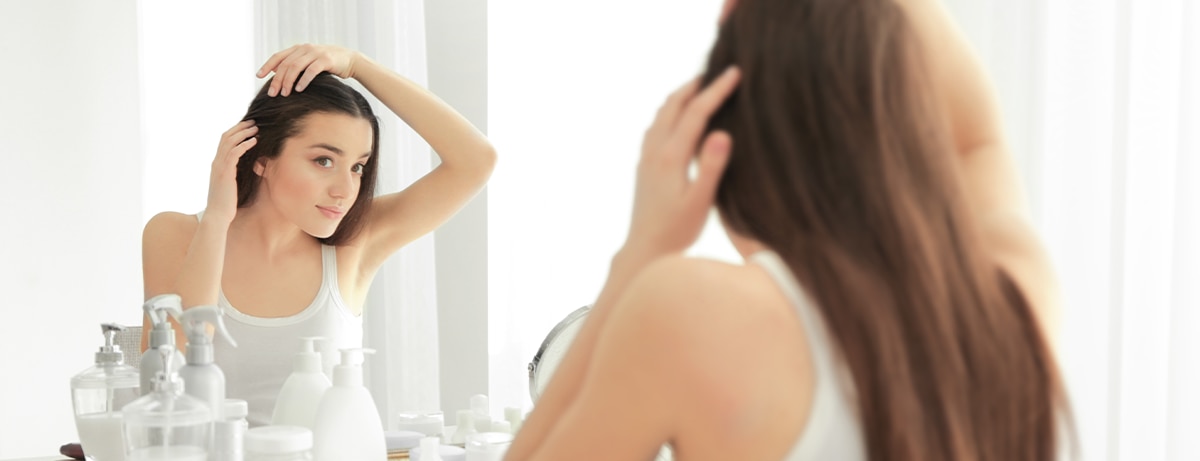
Our hair is often our crowning glory. It's one of the most noticeable aspects of our appearance, so most of us spend time, money and effort making it look as good as possible.
Noticing your hair start to thin or fall out can sap your confidence. You might not even feel like yourself for a while.
Learn more in our article about why your hair might be thinning and the things you can do to help keep your hair healthy and strong.
What do we mean by thinning hair?
Whilst many people think of hair loss as baldness, there are actually a significant number of people who experience thinning hair, which looks quite different and has a wide variety of causes.
Most women will notice thinning at the crown of their head instead of at the hairline. This can lead to a wider part or exposure of more of their scalp over time.2
What causes thinning hair?
It’s thought that thinning hair could be down to your lifestyle, medical conditions, or good old-fashioned genetics, but there are several things that might trigger thinning hair.
These include:
Hair products
Stress
Medical conditions
Hormonal changes
Skin concerns
Certain skin concerns, like psoriasis, are also associated with thinning hair, as they can affect your scalp.3
6 lifestyle changes to help prevent thinning hair
As there are so many reasons for hair thinning, it can be difficult to prevent it from happening, and the reasons are different for men and women. However, making sure you are looking after your hair and body can play a part.
Here are 6 things you can do to keep your hair healthy and help to stop your hair from thinning.
1. Maintain a healthy diet:
2. Avoid harsh chemicals:
3. Cut back on tight hairstyles
4. Be gentle
Quit the habit
Massage your scalp
You could just use your hands, or for a more relaxing, spa-like treatment, why not try a scalp massager and nourishing hair oil like rosemary oil? Rosemary oil is thought to help support your hair growth journey.7
Are there treatments to help thinning hair?
It’s possible to manage most cases of thinning hair at home through products and simple techniques. But, if you become concerned about sudden hair loss or are worried in general about thinning hair, speaking to a doctor can help you figure out the root cause.
You may also want to speak to your doctor before taking anything new, like supplements, to check that it is safe to do so. They may also recommend other forms of treatment, like medication.
The final say
Your hair is an important part of your identity and plays a huge role in how you express yourself. So, it can be difficult if you start to notice changes in your hair density or notice an area of hair loss.


